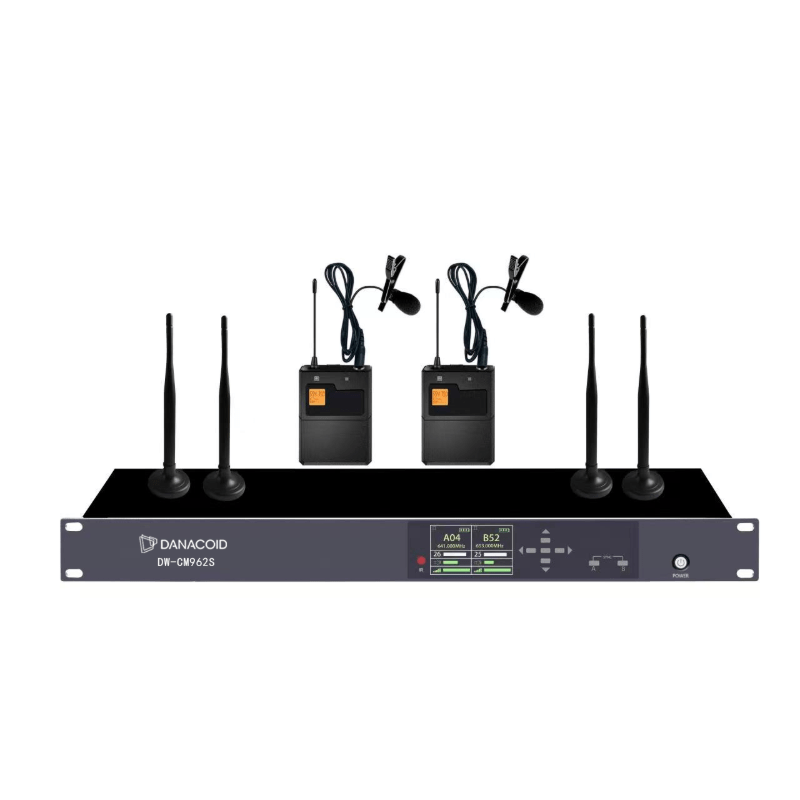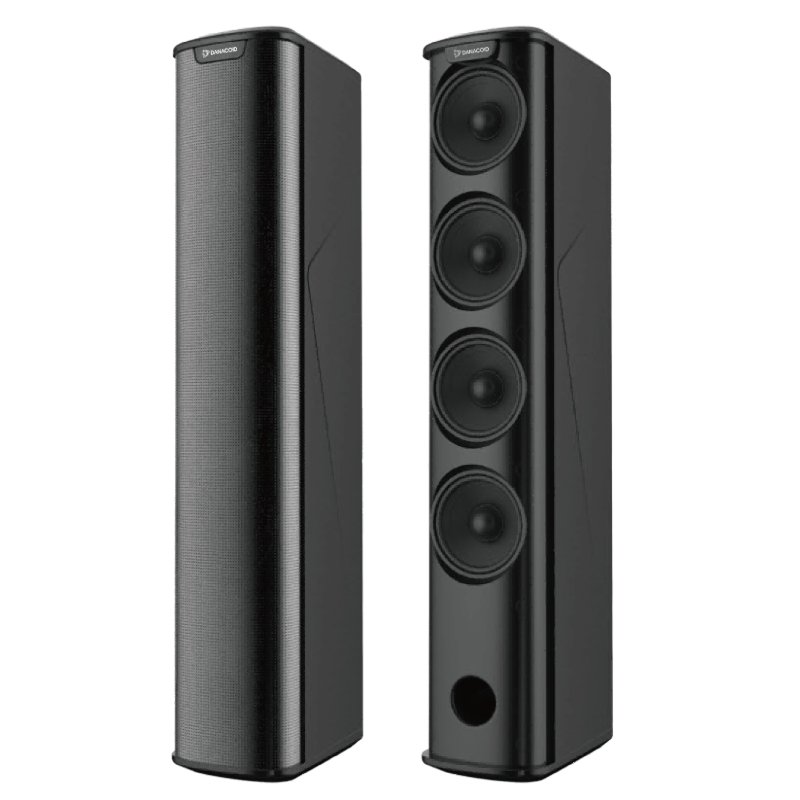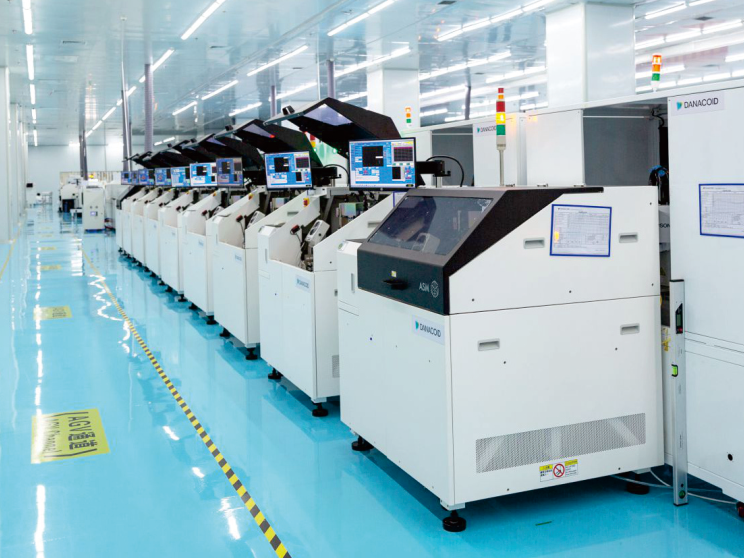dsp signal
A DSP signal, or Digital Signal Processing signal, represents a fundamental component in modern electronic systems, serving as the cornerstone of digital audio, image processing, and telecommunications. This sophisticated technology converts analog signals into digital format through sampling and quantization processes, enabling precise manipulation and analysis of data in real-time. The DSP signal operates by taking continuous analog signals and transforming them into discrete numerical sequences that can be processed by digital systems. This conversion allows for complex mathematical operations, filtering, and enhancement of signals without degradation of quality. The technology incorporates advanced algorithms for noise reduction, frequency analysis, and signal enhancement, making it essential in applications ranging from smartphones to medical imaging equipment. In professional audio systems, DSP signals enable precise sound manipulation, equalization, and effects processing. The technology also plays a crucial role in modern telecommunications, ensuring clear voice transmission and efficient data transfer across networks. With its ability to handle multiple channels simultaneously and perform real-time processing, DSP signals have become indispensable in fields such as radar systems, sonar technology, and scientific research instruments.



















